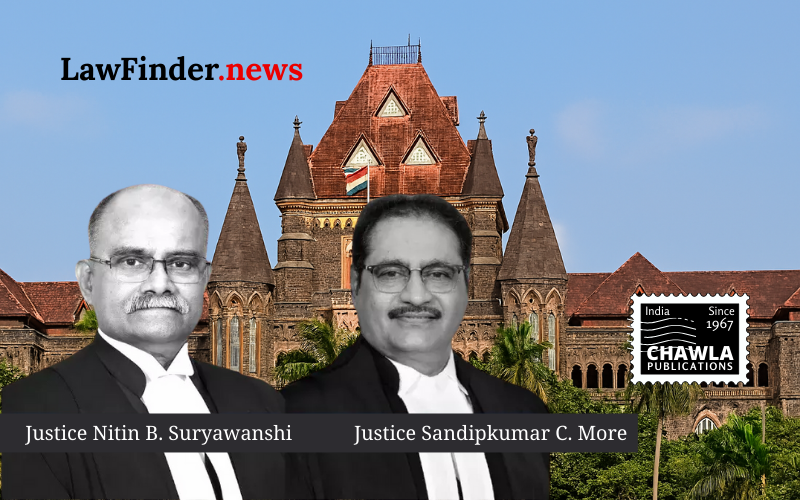Bombay High Court Declares Marriage Null Due to Fraudulent Suppression of Health Condition. Husband Wins Appeal After Family Court Fails to Address Cerebral Palsy Concealment by Wife's Family
In a significant ruling, the Bombay High Court's Aurangabad Bench has declared the marriage between Nilesh @ Pravin and Amruta null and void, citing fraudulent suppression of a critical health condition by the wife's family. The bench, comprising Justices Nitin B. Suryawanshi and Sandipkumar C. More, overturned a previous judgment by the Family Court, Aurangabad, which dismissed Nilesh’s petition for divorce on the grounds of cruelty and mental disorder.
The case revolved around allegations that Amruta's family failed to disclose her incurable condition, cerebral palsy, prior to the marriage, thus deceiving Nilesh into the matrimonial alliance. The court acknowledged this suppression as fraud under Section 12(1)(c) of the Hindu Marriage Act, 1955, entitling Nilesh to seek nullity of the marriage.
Nilesh had initially filed for divorce under Sections 13(1)(ia) and (iii), alleging cruelty and mental disorder. However, the Family Court dismissed the petition, stating a lack of evidence supporting these claims. On appeal, the High Court recognized the gravity of the suppressed health condition and concluded that the concealment constituted grounds for nullity rather than divorce.
The judgment highlighted errors in the Family Court's proceedings, including the failure to frame issues regarding the suppression of material facts and fraud, despite explicit pleadings by Nilesh. The High Court emphasized that cerebral palsy, an incurable disease affecting Amruta since birth, was a material fact that should have been disclosed prior to the marriage. This disclosure could have influenced Nilesh's decision to consent to the marriage.
The court also addressed procedural concerns, noting the Family Court's oversight in entertaining a divorce petition within one year of marriage without considering exceptional hardship, as stipulated under Section 14 of the Act. However, given the exceptional circumstances of fraud, the High Court permitted consideration under Section 12(1)(c).
The decision marks an important precedent in matrimonial cases involving undisclosed health conditions, reinforcing the legal obligations of transparency and honesty in marital alliances. The judgment underscores the judiciary's role in ensuring justice when foundational elements of consent are compromised by deception.
Bottom Line:
Suppression of incurable disease (cerebral palsy) by wife or her family members prior to marriage amounts to fraud under Section 12(1)(c) of the Act, entitling husband to seek nullity of marriage.
Statutory provision(s): Hindu Marriage Act, 1955 Section 12(1)(c), Hindu Marriage Act, 1955 Sections 13(1)(ia), Hindu Marriage Act, 1955 Section 13(1)(iii), Hindu Marriage Act, 1955 Section 14
Nilesh @ Pravin v. Amruta, (Bombay)(DB)(Aurangabad Bench) : Law Finder Doc Id # 2782363




